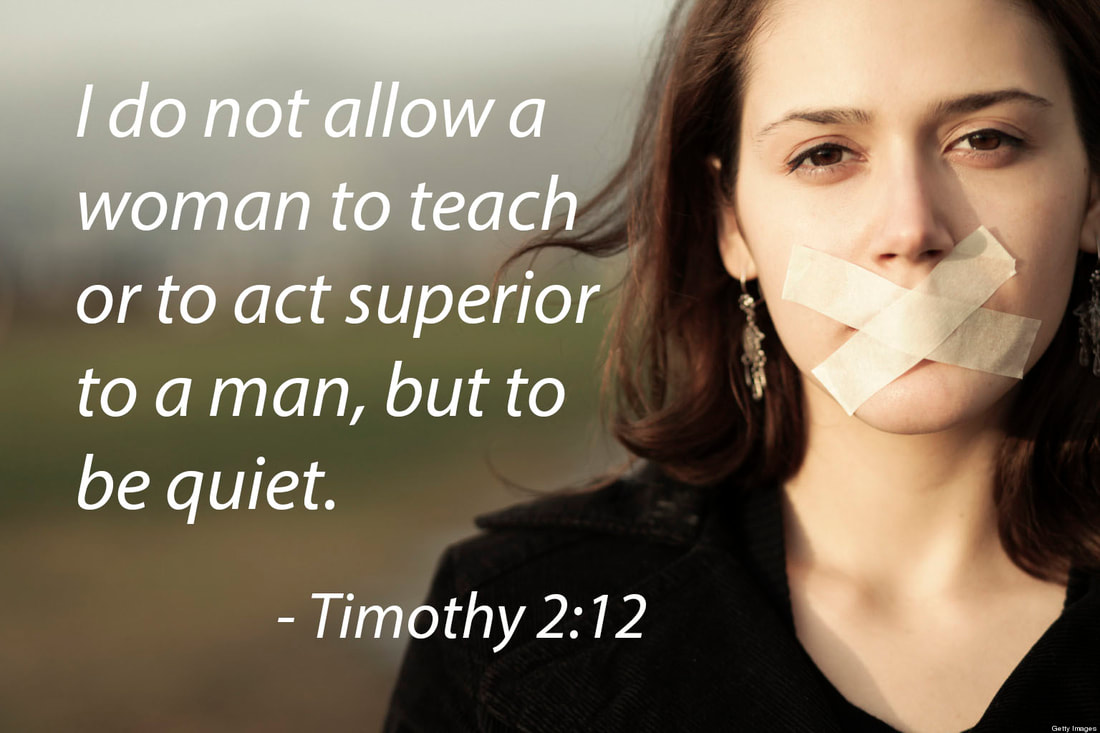No one takes the Bible at face value. First, because no one grows up speaking Koine Greek and ancient Hebrew at home (so they can't read its "face value"), but second because English translations tell even the most novice reader that certain commands are culturally irrelevant. When you read Paul's repeated command to "Greet one another with a holy kiss" (Romans 16:16; 1 Cor 16:20; 2 Cor 13:12; 1 Thess 5:26), no one gets convicted and starts puckering up for church. Those commands were clearly intended for a different cultural context, and we recognize it. We know to distinguish the temporary cultural expression from its enduring principle.
The same cultural sensitivity must be applied to 1 Timothy 2. In first-century Ephesus where Timothy pastored churches, braided hair and female teachers were a bad idea. Why? The first one is easy. Braided hair, gold jewelry, and expensive clothing flaunted wealth. And Paul wanted "those who are rich in this present world not to be conceited" (1 Timothy 6:17). The injunction against female teachers and Paul's prescription for females to learn quietly in church gatherings are much more culturally nuanced.







 RSS Feed
RSS Feed
